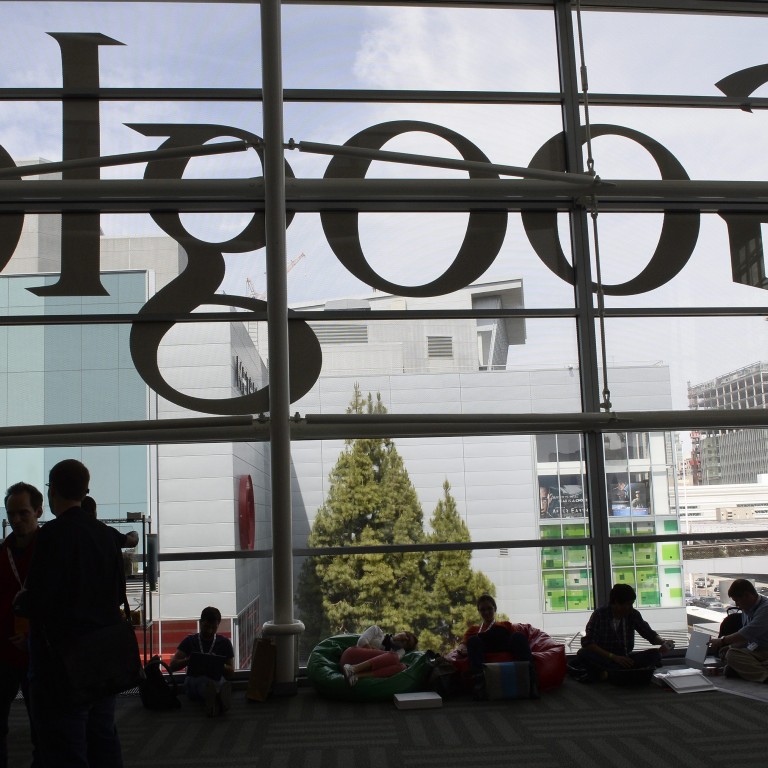
Google executive: 'It would be a privilege to serve Chinese users'
Senior Google vice president Sundar Pichai believes the Chinese market is a 'huge opportunity' for the global internet giant.
Despite concerted regulatory pressure from Beijing in recent years, Google still believes the Chinese market is a "huge opportunity" for the global internet giant.
"China is obviously one of the biggest markets out there," said top Google executive Sundar Pichai. "It would be a privilege to serve Chinese users. We obviously have had a set of issues in the past, but we also see opportunities."
Chinese tech giants are also starting to encroach on Google's operating system dominance, increasing the company's need to return to the table. This month, Alibaba, which is developing its own operating system, bought a minority stake in Chinese handset maker Meizu for US$590 million. Tencent, whose WeChat messaging app is hugely popular in China, is due to launch a trial version of its Tencent OS this week.
"Android is powering a lot of innovation in China," Pichai told Forbes. "That's important to me ... We have seen a lot of interest from Chinese developers on Google Play, because the extent to which Android is used. We see those as opportunities ahead."
"If we can figure out a model by which we can serve those users, it would be a privilege to do so. So I don’t think of China as a black hole. I see it as a huge opportunity in which we are playing as an enabling platform today and hopefully we have a chance to offer other services in the future."
Pichai didn't elaborate on what kind of "other services" Google wanted to provide in China. Since late last year, most of the company's key products, including its email service Gmail and the foundation of its business, Google Search, have been blocked by the Chinese government amid fast increasing internet censorship.
While Pichai said there has been a "lot of interest" in Google returning to China, he would not be drawn on a timescale: "No comments on that." He also noted that such a development was not entirely in Google's control, suggesting the Chinese government would largely have the final say.
"I bought this book for my colleagues as well," Chinese media quoted Zuckerberg as telling Lu. "I want them to understand the socialism with Chinese characteristics."
